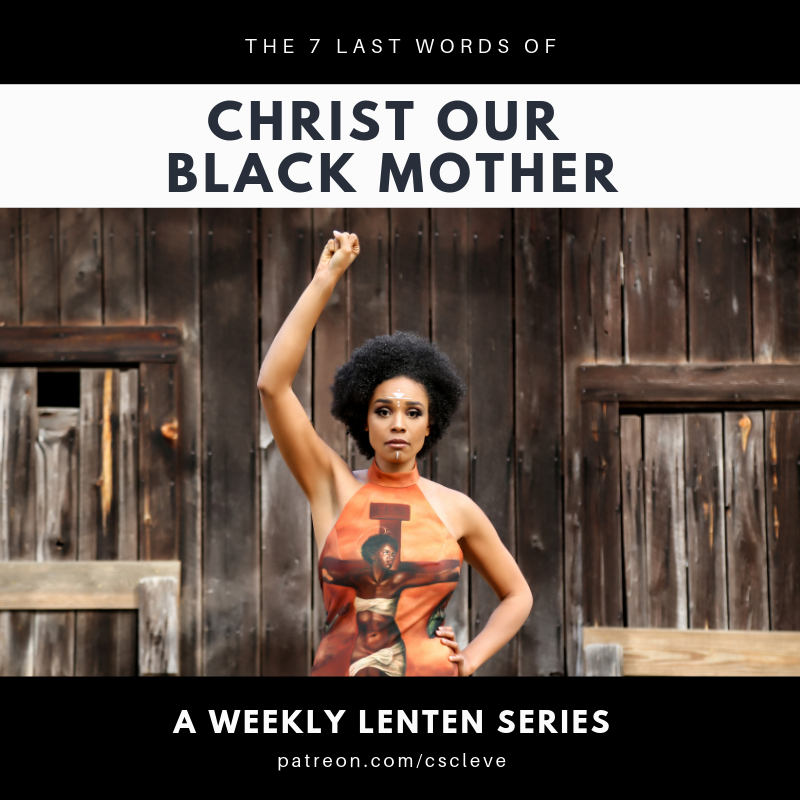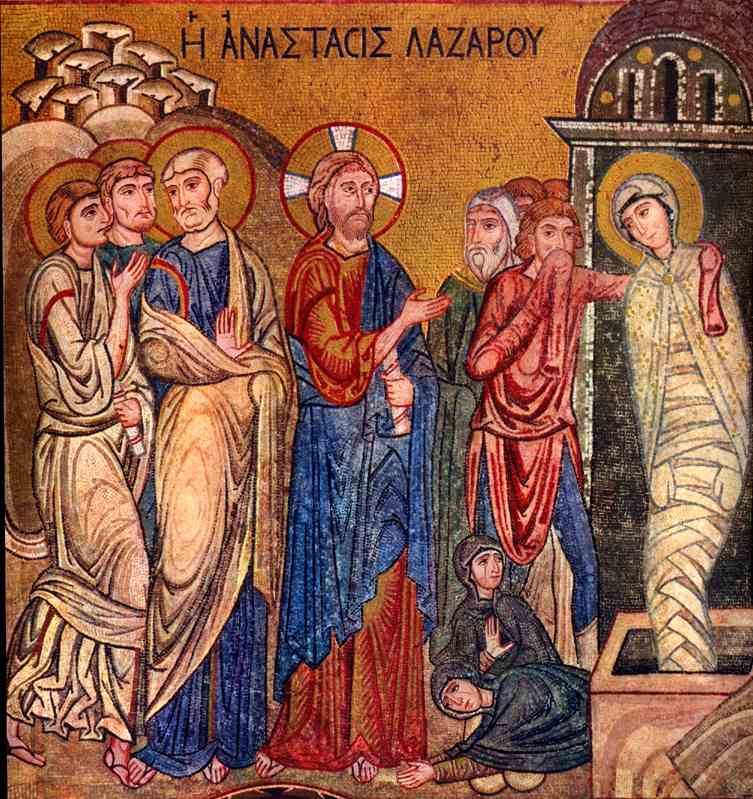The Christian tradition is now in the midst of Holy Week, the high holy days of our religion, concluding the season of Lent, the six-week period of repentance, prayer, fasting, and reflection in preparation for Easter. The language and tone of Lent address the ego, known in traditional language as our ‘sinful nature.’ According to traditional Christian theology, Jesus died to ‘save’ us from our inherently depraved nature inherited from Adam & Eve, because we can’t do it for ourselves. For the sake of biblical and religious literacy, we need to acknowledge a disclaimer.
I am indebted to Amy-Jill Levine's book "Short Stories by Jesus" and Bernard Brandon Scott's book "Hear Then the Parable" for challenging me to look beyond the Christian bias of interpreting Jesus' parables through the lens of the repentance and forgiveness and attempting to hear this story in ways more in keeping with Judaism.
This is public theology. As precious Patrons, I’m inviting you in to my theological process. Beginning on Ash Wednesday (March 6) and concluding on Good Friday (April 19), each week I will publish a photo and brief reflection on each of Christ’s 7 Last Words on the Cross.
Genesis 2:15-17; 3:1-7, Matthew 4:1-11
Each year as Lent approaches, I find myself flirting with the idea of giving up Lent for Lent. Lent is just too much work. For centuries, during Lent the church has emphasized so many concepts that seem alien to the 21st century mind. Each year during Lent preachers are required to undertake the unenviable task of unpacking unpopular, seemingly antiquated concepts in an effort to encourage the contemporary churchgoer to entertain the equally antiquated rituals of Lent. I mean Christmas and Easter might attract a few more people to our sanctuary, but how do you attract people with talk about repentance or fasting? Just look at our readings for this morning. Temptation is the order for toady. Eve and Adam succumbing to temptation, the Apostle Paul prattling on, heaping condemnation upon the first parents for having given in to temptation, and then Jesus himself resisting temptation from non-other than the Devil. Not exactly cheery stuff designed to bring comfort on a cold damp winter morning, where apart from the time change, there are very few signs of a longed for spring.
When someone shares in our suffering, somehow the knowledge that we are not alone, that there is someone out there who knows the pain that we are going through, the knowledge that we are cared for by someone who truly knows our pain comforts us and gives us the strength we need to endure our suffering. To be alone in our suffering is the most terrible thing that we can imagine. The Good News that God is LOVE means that LOVE will not let us suffer alone because LOVE is determined to suffer with us. Working in, with, and through those who have experienced our pain LOVE is able to enfold us and say, “I know, my child, I know.”
The image of a scapegoat recalls a ritual performed by ancient Israel on their holiest day of the year—Yom Kippur or the Day of Atonement. A goat was chosen by means of casting lots. Actually there were two goats chosen, one was killed as a sin offering to make atonement for the holy place, the other was allowed to live to make atonement for the sins of the people.
I’d like to invite you into a conversation we’ve been having at the First Presbyterian Church of San Rafael these last weeks of Lent, a conversation about evolution and faith. We’re not talking about a six day creation, with God resting on the seventh. I really, really hope that argument’s over and done with. No, we’re talking about evolution as the way in which everything unfolds in all of creation. We are looking at a creation that evolves and opens towards unity, or shalom, in the presence of God.
The Gift of Mortality
Avowed atheist Susan Jacoby recently created a dust up with a recent article in the New York Times Sunday Review entitled, “The Blessings of Atheism.” She wrote in response to all the god-talk that appeared in the immediate aftermath of the Newtown massacre; with all those unanswerable questions or inadequate answers to human suffering and death so often peddled in popular religious belief. So too, not long ago author and “non-believer,” Christopher Hitchen’s posthumously published his little book Mortality; recounting his rambling thoughts on his own imminent demise; after a terminal diagnosis left him a sufficient number of days to find himself “deported from the country of the well across the stark frontier that marks off the land of malady.” But what, or where to, after that? What if this really is all there is? It seems there has always been the human hankering to imagine all kinds of fanciful notions, in our attempts to recapitulate our mortal existence into something more than it is. Many religious traditions, including centuries of “mainline” orthodox Christianity, employ great mythic stories to describe a life subsumed into something greater than we can either know, or grasp, except by “faith.” Heaven knows, some folks try to better themselves, merely in the hope of a remote possibility there something more, after our death, which is a certainty. But in the end, is it all dust and ashes? And is that OK? This is the liturgical time of year when many in the Christian tradition undergo a seasonal pilgrimage in which the faithful are reminded at the onset we mortals are nothing more than dust. And so we will one day return to that from whence we came. Then the traditional forty days end with the perennial re-enactment of a passion play commemorating the mortal demise of the one whom Christians even these many centuries later would profess to follow. Many do so in the hope of some kind of immortality for themselves in some indecipherable form or other; attributing to Jesus a “resurrection” that means the same thing to them as god-like immortality; while others of us may find such imaginings to be not only reasonably implausible, but of less importance than what we take to be of greater significance and meaning in this faith tradition. Otherwise, the vainglorious hope of immortality can become so enshrouded in our mortal fears that we become – like Lazarus in his early grave – so wrapped up in death that we fail to truly acknowledge and appreciate the gift of our mortality for what it is; nothing more, nor less. With the certain assurance then that we are but dust and ash, we can ask ourselves if the gift of our mortality is not only enough, but more than enough? And if so, as the psalmist says, how then shall we “number our days, that we may apply our hearts to wisdom?” (Psalm 90:12)
















